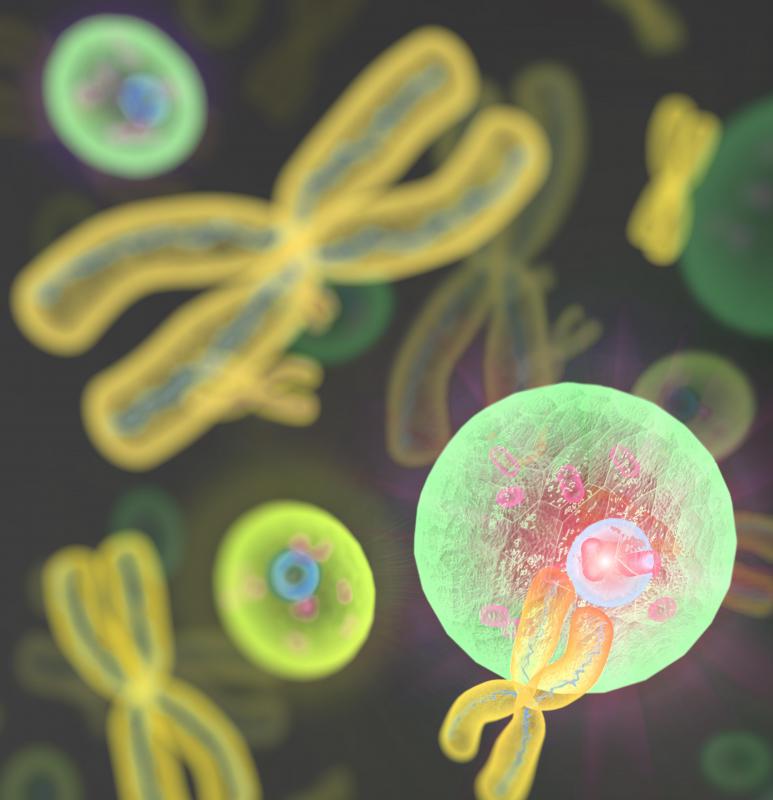At WiseGEEK, we're committed to delivering accurate, trustworthy information. Our expert-authored content is rigorously fact-checked and sourced from credible authorities. Discover how we uphold the highest standards in providing you with reliable knowledge.
What are the Different Nystagmus Causes?
Nystagmus falls under two main categories: congenital and acquired. Congenital nystagmus causes include eye disease, neurological disorders, and genetic mutations, among others. Acquired nystagmus causes include physical trauma, exposure to toxins, and disorders of the central nervous system.
This medical condition is characterized by involuntary eye movement that is both slow and rapid. Left untreated, the condition can lead to severe vision impairment. Between the two categories of nystagmus, the congenital kind occurs more frequently. The characteristic jerking of the eyeball is commonly associated with a number of congenital conditions, including albinism, Down syndrome, and aniridia, which is absence of the iris. Other conditions considered to be nystagmus causes include Leber's congenital amaurosis and Noonan syndrome.

Poor natal development can also account for neurological nystagmus causes. The introduction of certain toxins, such as alcohol and illegal drugs, can stunt the development of the fetus' brain, which might lead to a lack of control over the eyes' movements. It is also possible that nerve and muscle development in the fetus is weakened due to genetic factors, which can cause nystagmus.

Recent research has identified genetic mutations in patients with congenital nystagmus. It is believed that anomalies in several x-chromosome genes are to blame for the vestibule-ocular reflexes found in individuals suffering from nystagmus. Mutations in FERM domain-containing protein 7 (FRMD7) and nyctalopin have been identified as possible nystagmus causes.

Acquired nystagmus, on the other hand, refers to any nystagmus that manifests after childbirth. Any form of trauma to the optic nerves that handle eye movement can lead to the condition. Severe illnesses such as Whipple's disease, for example, can cause nerve damage in the eye area through malnutrition. Strokes can similarly cause enough damage to cause nystagmus. Several forms of physical trauma can also account for nystagmus causes, including powerful blows to the head and strikes to the eye.

Toxins can lead to nystagmus, as well. Common toxin-related nystagmus causes include alcohol, antidepressant medications, and anticonvulsants. Heavy exposure to recreational drugs such as ketamine and lysergic acid diethylamide (LSD) can cause significant enough nerve damage to cause the condition. If the patient was dependent on any substances, nystagmus might also manifest as a withdrawal symptom.

Another category of acquired nystagmus causes is central nervous system dysfunction. These can be as simple as a deficiency in certain nutrients, such as thiamine, or as grave as multiple sclerosis. It is also possible that nystagmus is a result of a tumor in the brain or in the eye. In such cases, medical intervention might prove effective in controlling the condition.
AS FEATURED ON:
AS FEATURED ON:















Discuss this Article
Post your comments